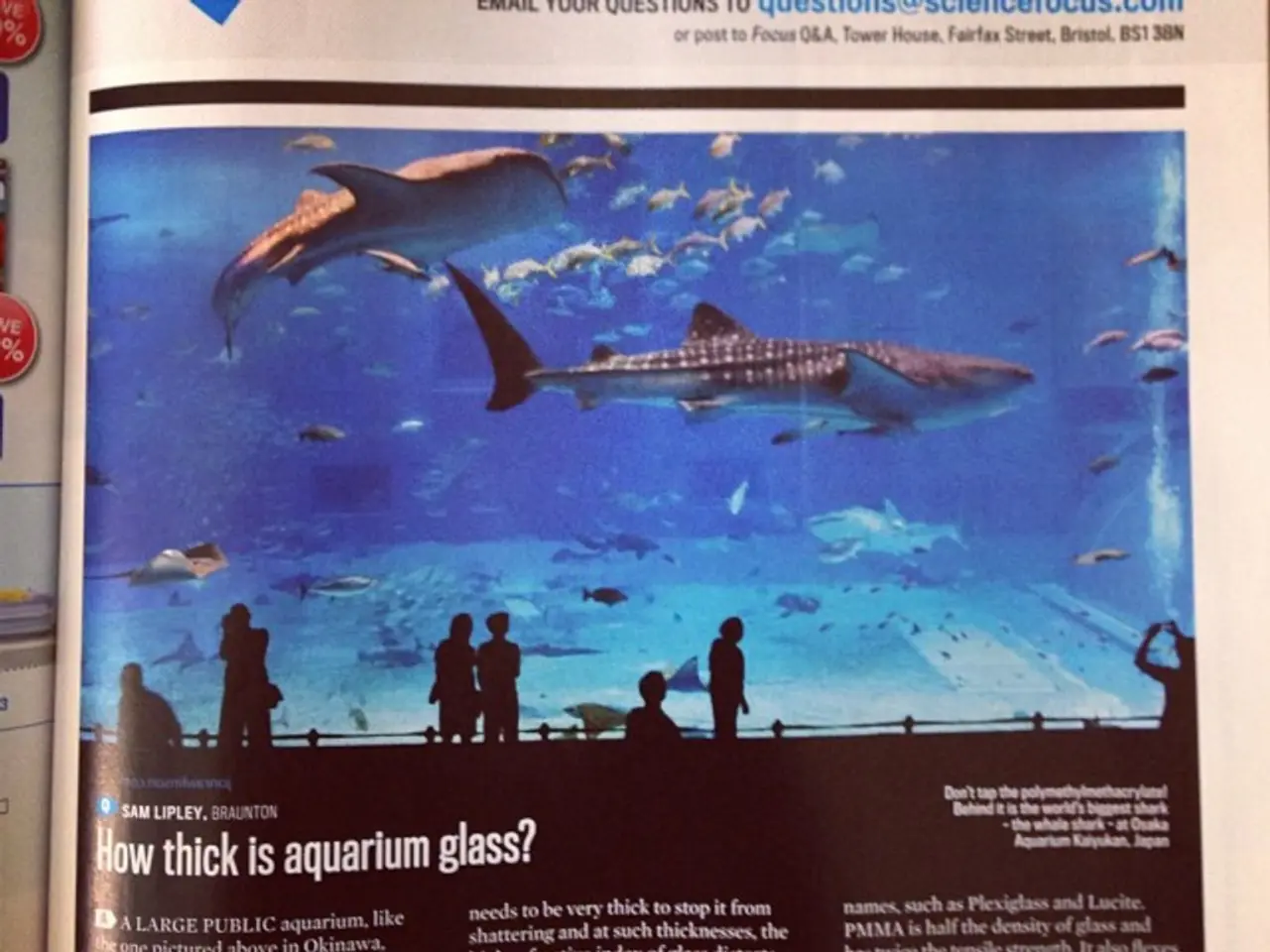Survival of the Human Race and the Impact of the Halo Effect
The halo effect is a well-known cognitive bias that shapes our judgments in unexpected ways. It refers to our tendency to make snap judgments based on limited information, generalizing positive impressions from one trait to unrelated qualities or evaluations.
This bias can have far-reaching consequences in social, professional, and consumer contexts. For instance, teachers might unconsciously grade students more favorably based on initial impressions or personal likability rather than actual performance. In hiring, the halo from one achievement or attribute may blind evaluators from other relevant considerations.
From an evolutionary perspective, the halo effect may have played a role in determining trustworthiness and social standing within groups. However, in modern society, it can skew hiring decisions, marketing perceptions, interpersonal trust, and more, ultimately affecting critical choices that impact individual and collective survival.
To mitigate the halo effect’s impact on decision-making and thereby improve human survival outcomes, strategies include deliberately separating assessment of different traits, seeking diverse and contradictory evidence, slowing down decision processes, employing systematic checklists and data-driven approaches, and increasing awareness of cognitive biases through education and accountability systems.
The halo effect operates universally across cultures, ages, and genders, and is reinforced by social conditioning. For example, media portrayal of beauty correlating with virtue reinforces this bias. Because much decision-making occurs unconsciously using mental shortcuts, the halo effect can distort decisions in careers, relationships, finance, and health.
In contemporary society, the halo effect can lead to misjudgments in hiring practices, education, and consumer behavior. Politicians may leverage their charisma or physical appeal to gain support, resulting in voters making decisions based on personal attributes rather than policies or qualifications. Companies use attractive spokespeople or endorsements to create favorable impressions of their products, leading consumers to make purchases based on perceived quality rather than actual performance.
The halo effect can also impact public trust, leading to misplaced trust in leaders or institutions, resulting in poor governance or ineffective policies. Influencers often cultivate specific traits that lead followers to attribute additional positive qualities to them, potentially leading to misguided trust or investment in their recommendations.
Moreover, employers may favor candidates who present well or have attractive resumes, potentially overlooking qualifications relevant to job performance. The halo effect can perpetuate stereotypes and biases that hinder social progress and equality, impacting group dynamics and societal cohesion.
Consumers often develop brand loyalty based on a single positive experience with a product, potentially overlooking flaws in other offerings from the same brand. Resource allocation can also be affected, with favoring individuals based on superficial traits leading to inefficient distribution of resources in workplaces or communities, undermining overall effectiveness.
In summary, the halo effect subtly distorts human judgment in everyday and critical decisions by overgeneralizing positive traits. However, through conscious, reflective, and systematic approaches, its negative influence on decision-making—and thus on human survival prospects—can be reduced. Raising awareness of cognitive biases empowers individuals to recognize when their judgments may be influenced by the halo effect.
- The halo effect, which influences our judgments based on limited information, can affect various aspects of modern life, such as hiring practices, politics, and consumer behavior.
- In the realm of politics, charismatic candidates might leverage their personal appeal to gain voter support, leading to decisions based on attributes rather than policies or qualifications.
- On social media, entertainers and influencers can cultivate specific traits, potentially leading followers to inaccurately trust their recommendations or investment in their products.








